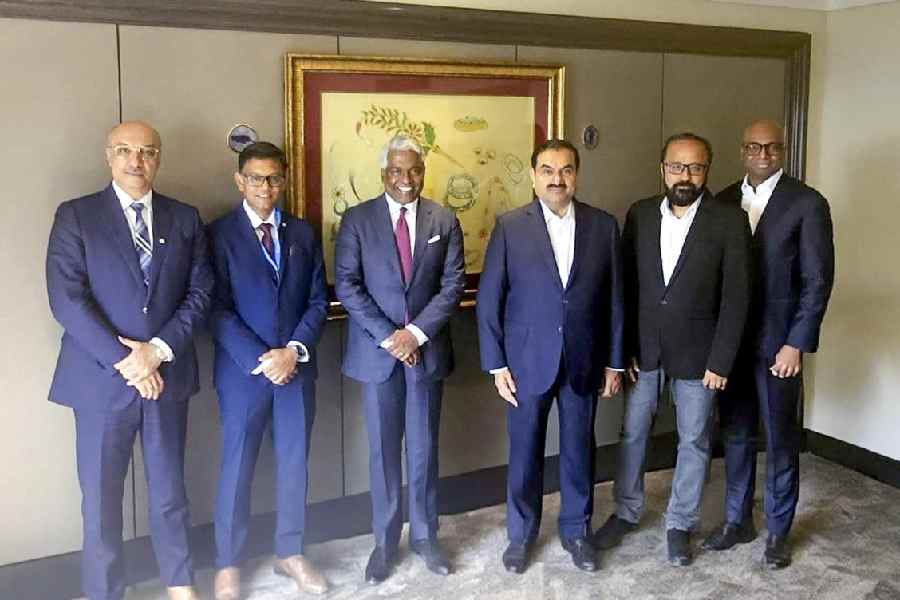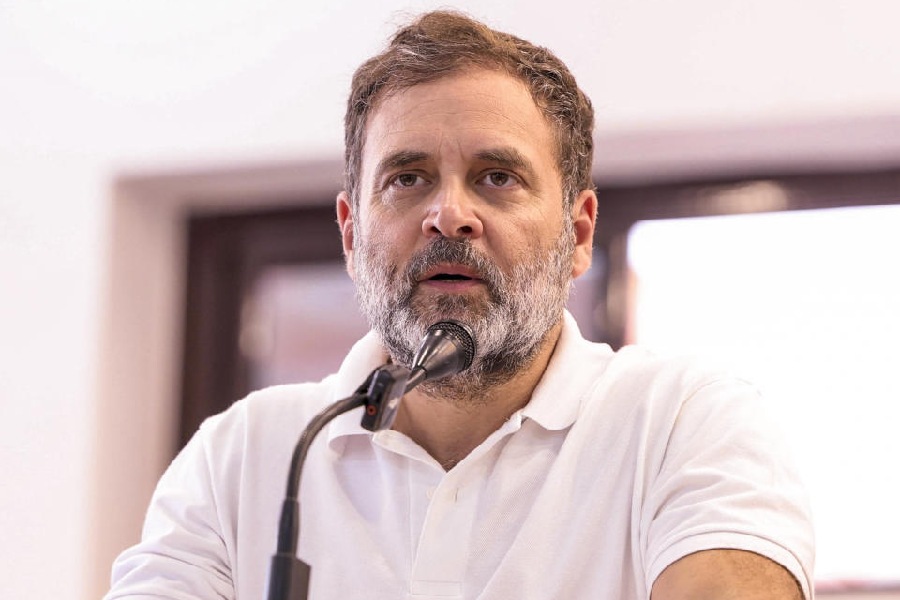Google will invest approximately $15 billion over the next five years to build an AI infrastructure hub in Visakhapatnam, marking the company’s largest AI hub outside the US and its biggest-ever investment in India.
The AI hub, being developed in collaboration with Adani Connex and Airtel, will include a data centre with gigawatt-scale compute capacity designed to help businesses deploy AI-powered solutions and accelerate research and development. The project will also feature a new international subsea cable gateway and be linked to new energy sources and an extensive fiber-optic network. It will be Google’s largest AI hub in the world outside the US, said Thomas Kurian, CEO, Google Cloud.
“This significant investment in Andhra Pradesh marks a new chapter in India’s digital transformation journey,” said Chandrababu Naidu, the chief minister of Andhra Pradesh. “We are proud to host India’s first truly gigawatt-scale data centre and Google’s first AI hub in India.”
The investment, which will take place through 2030, comes five years after Google announced a $10 billion commitment to build products and services for India, help businesses go digital, and use technology for social good.

Finance Minister Nirmala Sitharaman, Union Information and Broadcasting Minister Ashwini Vaishnaw, Andhra Pradesh Chief Minister N. Chandrababu Naidu, Google Cloud CEO Thomas Kurian and others pose for a selfie during an event where the state government signed an MoU with Google for the Google AI Hub, in Visakhapatnam. PTI
The project involves the construction of multiple international subsea cables that will land on India’s eastern coast in Vizag, connecting to Google’s existing 2 million miles of terrestrial and subsea cable infrastructure worldwide.
When operational, the new data centre campus will join Google’s network of existing AI data centres spanning 12 countries.
“Great to speak with India PM Narendra Modi to share our plans for the first-ever Google AI hub in Visakhapatnam, a landmark development,” said Sundar Pichai, CEO of Alphabet, on X. “This hub combines gigawatt-scale compute capacity, a newinternational subsea gateway, and large-scale energyinfrastructure.”
The facility will benefit from technology developed by Google’s R&D centres in Bengaluru, Hyderabad and Pune, including crucial software and hardware innovations, according to a company statement.
The project is integral to the Andhra Pradesh government’s plan to accelerate the local AI industry. The state aims to host 6 gigawatts of data centre capacity by 2029, according to technology minister Nara Lokesh, who described the deal as the result of “a year of intense discussions and relentless effort”.
Adani Enterprises said the project would include co-investment in new transmission lines, clean energy generation, and innovative energy storage systems to support the data centre’s operations and enhance India’s electricity grid resilience and capacity.
“The Adani Group is proud to partner with Google on this historic project that will define the future of India’s digital landscape,” said Gautam Adani, chairman of the Adani group.
Airtel will establish the purpose-built data centre and a Cable Landing Station to host Google’s new international subsea cables, as well as create intra-city and inter-city fiber networks.
“By combining world-class AI infrastructure with our nation’s extraordinary talent and expanding global connectivity, we are laying the foundation for India to become a leader in the AI-driven era,” said Gopal Vittal, vice-chairman and managing director of Bharti Airtel Limited.
The announcement comes months after US President Donald Trump imposed a 50 per cent tariff on Indian imports, prompting Modi to advocate for “swadeshi” policies prioritising made-in-India products.
In response, Indian government ministries have begun promoting local alternatives to American tech platforms. Last week, Union home minister Amit Shah announced he had switched his official email service to Zoho Mail, a Chennai-based platform. There has also been a push for WhatsApp rival Arattai and Google Maps rival MapMyIndia, though the impact has been limited.
Despite these tensions, US tech companies continue to invest heavily in India. ChatGPT creator OpenAI is seeking to establish a 1-gigawatt data centre, and according to real estate consultant CBRE Group, investments in India’s data centre market are expected to exceed $100 billion by 2027.
Prime Minister Modi said he was “delighted by the launch of the Google AI Hub”, adding that it would be “a powerful force in democratising technology and ensuring AI for all, delivering cutting-edge tools for citizens, boosting the digital economy and securing India’s place as a global technology leader”.










